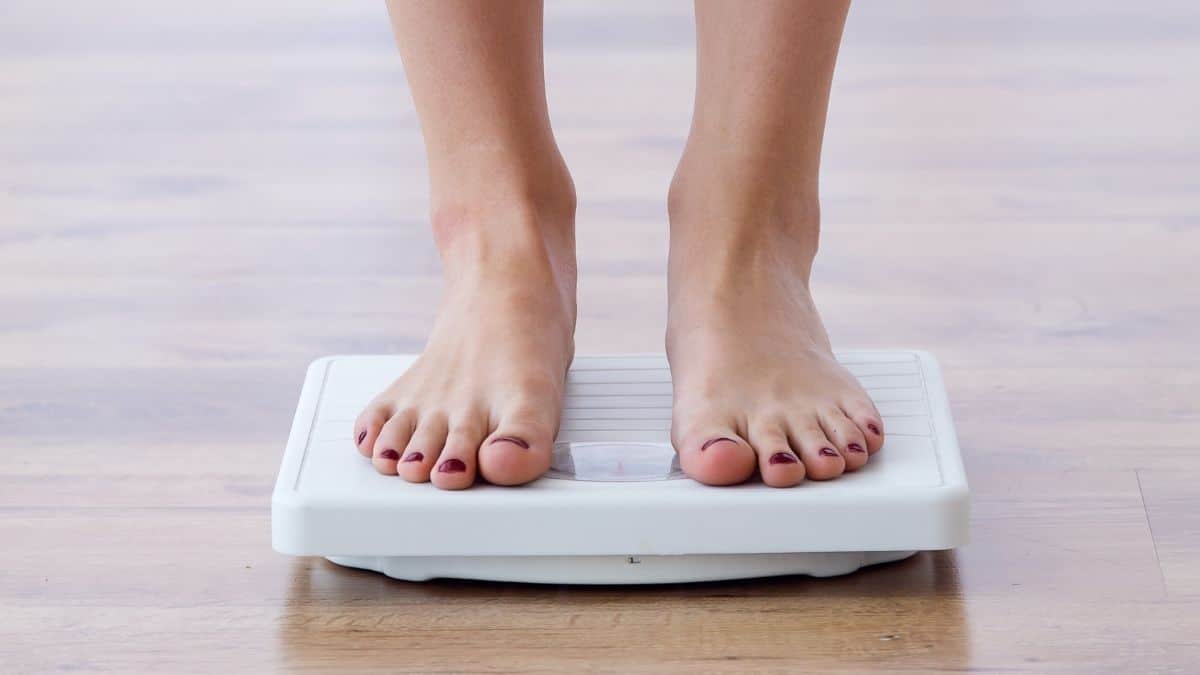Are colonics worthy of the hype they get from health nuts? Or are they actually harmful? In this blog post we’ll dive into the science behind colonics for weight loss, detoxification, gut health and more!

What Is A Colonic?
Colonics are known as “hydrotherapy” or “irrigation for the colon” and are used to flush the bowel system. Colonics are not enemas (a one time infusion of pumping water up your butt to remove contents of the rectum… that was eloquent I know.) that can be done at home. Colonics have multiple “infusions” that must be administered by hydrotherapists with specialized equipment.
Small amounts of water are allowed to enter the bowel at a time, which dilates the bowel and stimulates it to empty itself. The idea with colonics is that a tube with up to 16 gallons water is pumped into the body to ‘cleanse’ it. This 45 minute to 1 hour session is then followed by several bowel movements.

What Do Colonics Do?
In a review of hydrotherapy claims, a researcher identified a few major colonic organizations who stated frequently mentioned themes were 1) detoxification; 2) normalization of intestinal functions; 3) treatment of inflammatory bowel disease; and 4) body weight reduction.
Detoxification & Normalization of Intestinal Functions
Though some patients may share relief of constipation, this is often short-lived and evidenced-based treatments can give consistent results to improve intestinal functions. Additionally, a study of nearly 2000 adults indicated that patients who had colonics were more likely to have colorectal problems than those who did not.
As for the detoxification piece? No. Our bodies have organs like kidneys and a liver that detoxify us just fine. There is no need to spend hundreds of dollars putting something up your butt that eating normal food, drinking water and allowing your body to do it’s thing will do.
Treatment Of Inflammatory Bowel Disease
One pilot study indicated that colonics may be beneficial to those with inflammatory bowels, and could benefit with decreased abdominal pain, constipation, and diarrhea associated with IBS.
Just note that this study was done on those who were experiencing constipation. If you’re getting your bowels cleaned out and therefore are no longer constipated, of course your symptoms will be improved! But, what about drinking water, having some fiber, and moving your body to get things going?
The nature of inflammatory bowel disease is very individualized, and a review of alternative and complementary treatments cite that it is difficult to determine the impact of these treatments because of its individualized manifestations. What may work for one individual, may not work for someone else.

What About Colonics For Weight Loss?
There is no evidence that supports using colonics for weight loss. If there is weight loss after a colonic it’s probably going to be the same type of weight loss you experience after going to the bathroom (#2!).
Furthermore, if you know me at all you know my stance on weight loss. We know that diet’s don’t work and that forcing our bodies to be a size that they don’t want to be actually does much more harm than good. Bodies come in every shape, size and color and they can ALL be healthy. Just like our shoe sizes differ, so do our bodies. Checkout my post on 12 reasons NOT to diet and health at every size for more on this!
Overall, this colonic irrigation review and other research highlights that many of the claims associated with colonics are unsubstantiated and are not evidence-based recommendations. Even the Journal of Alternative and Complementary Medicine issued a need for more evidence-based research identifying the benefits of colonics as the evidence is mixed.

Can Colonics Be Harmful?
A case study on a woman who experienced back pain, right lower limb numbness was asymptomatic for 6 months until severe pain in her back, lower limb numbness, and pain indicated that 4 abscesses, or large pus-filled bacterial infections throughout her abdomen. She was treated with a 3 month course of antibiotics, though still has some symptoms in her right leg.
In a Letter to the Editor of the American Journal of Medicine (a renowned research journal) another individual saw decreased kidney function, and a fistula following that led to a blood and bladder infection of E. coli., only two days after his colonic.
Abdominal pain, electrolyte imbalances, diarrhea and renal impairment can also be some not-so-great side effects.
So, Is A Colonic Worth It?
No. There is not evidence to support colonic hydrotherapy claims, though it may help those with inflammatory bowel disease… but again what about a much more affordable addition of fiber, water, and movement? Do the risks outweigh that possible benefit? And are those benefits truly from the colonic or just having a good poop?
Before approaching any treatment, it is best to consult a physician or registered dietitian to discuss how to improve your gut health. You can also check out my post on how to improve gut health and you can check out my post on tips for when you’re feeling full and bloated if you’ve got some gut discomfort.
Have you ever had a colonic? Do you know someone who has? What is your opinion? Leave a comment and let me know!
Other Posts You Might Like:
XOXO
-Colleen










Leave a Reply